MLA Immunity under Article 194 and the Freedom of Speech
N. Ravi v Speaker, Legislative Assembly Chennai
The Supreme Court will decide if the immunities enjoyed by law makers under Article 194 overrides the fundamental right to freedom of speech under Article 19
Pending

D.Y. Chandrachud CJI
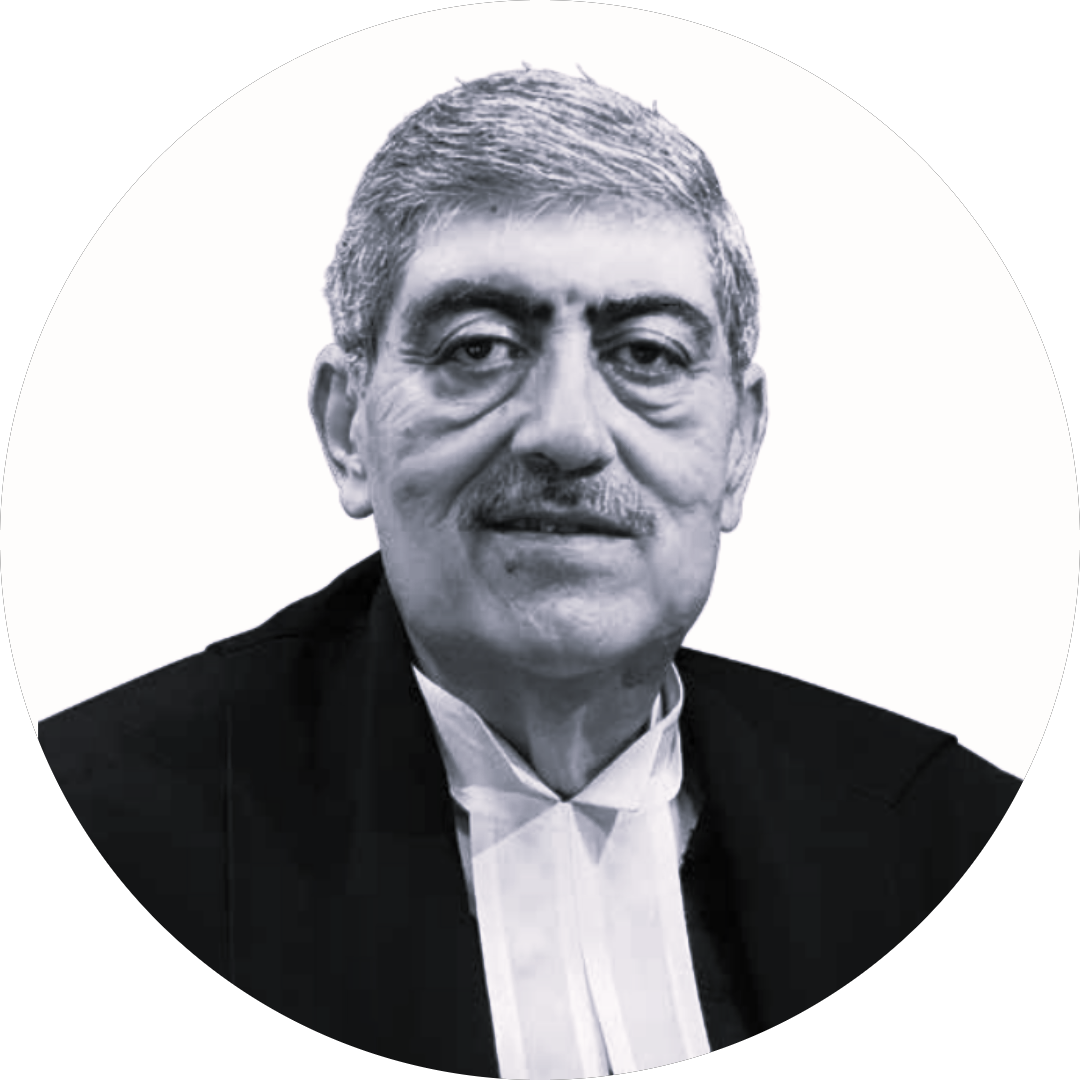
S.K. Kaul J
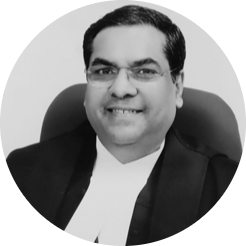
Sanjiv Khanna CJI
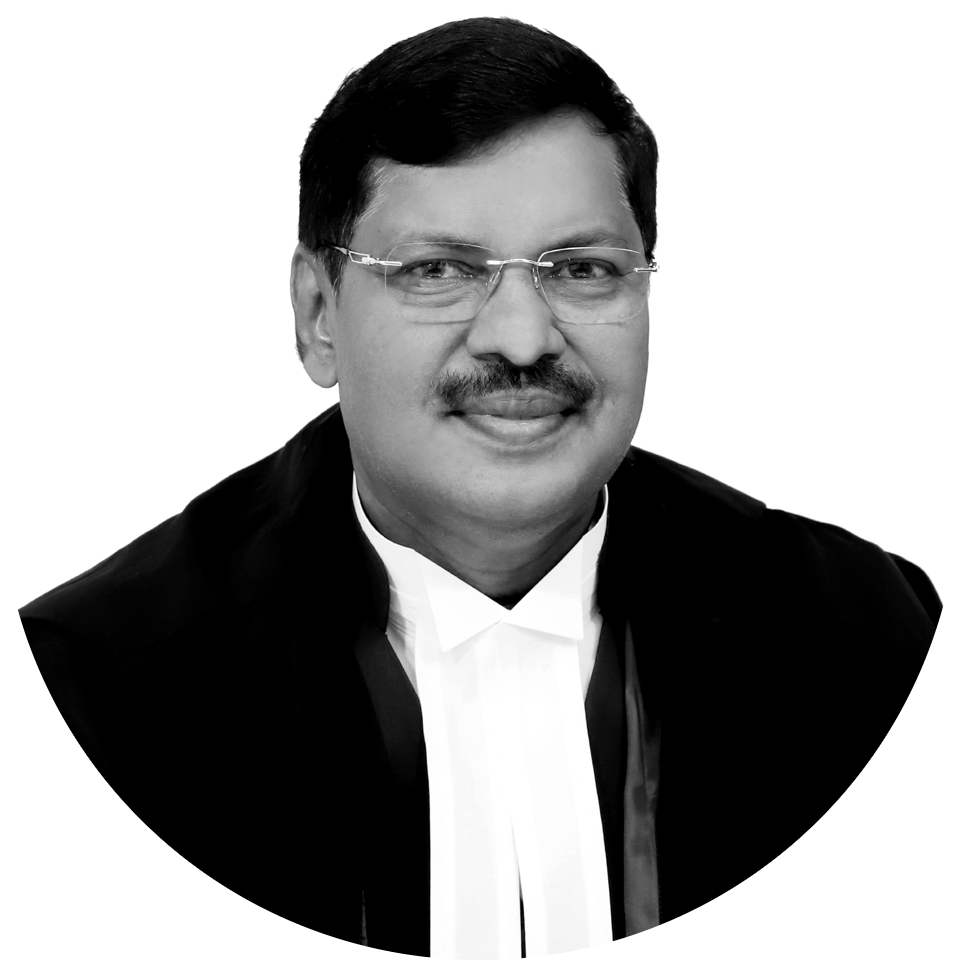
B.R. Gavai J
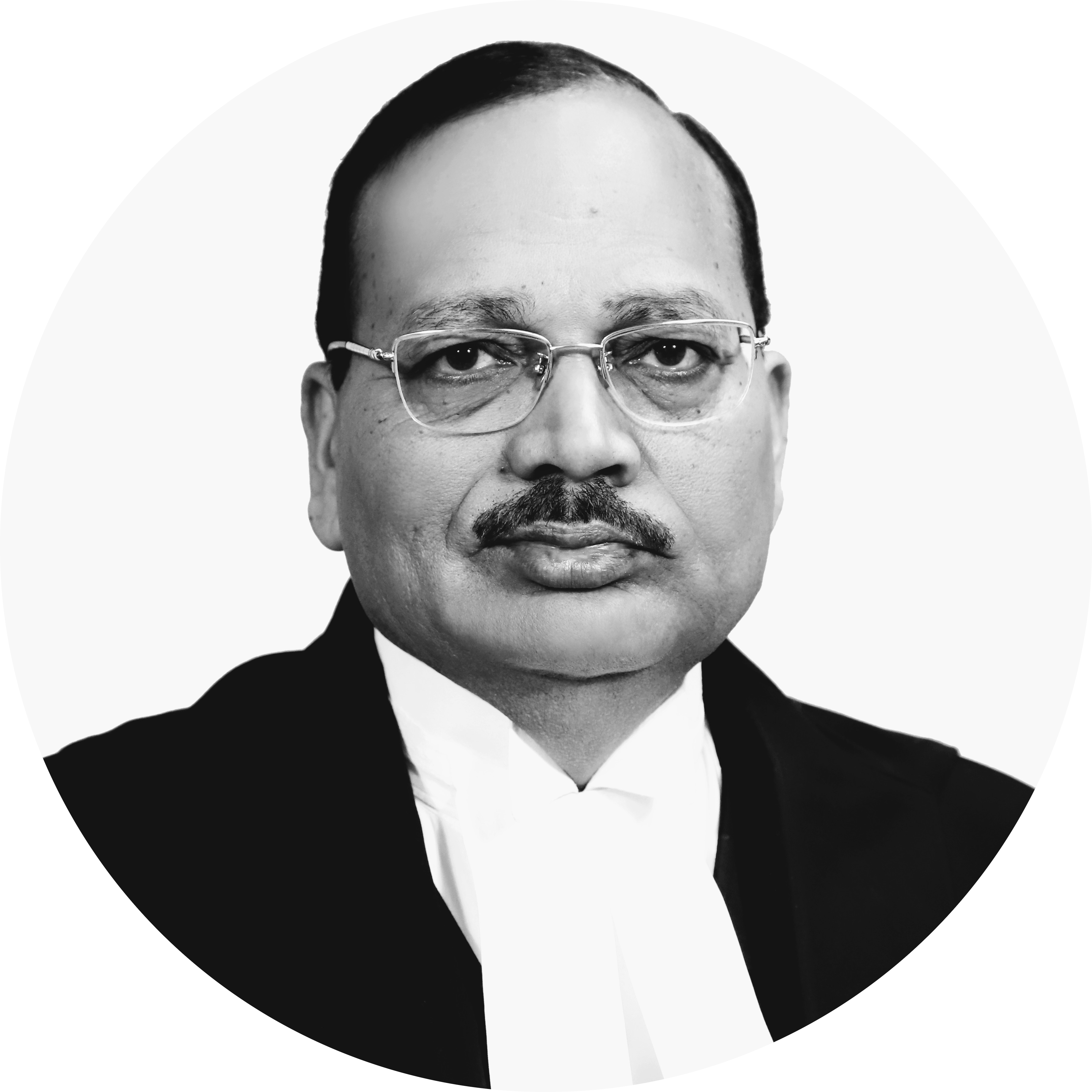
Surya Kant J

J.B. Pardiwala J
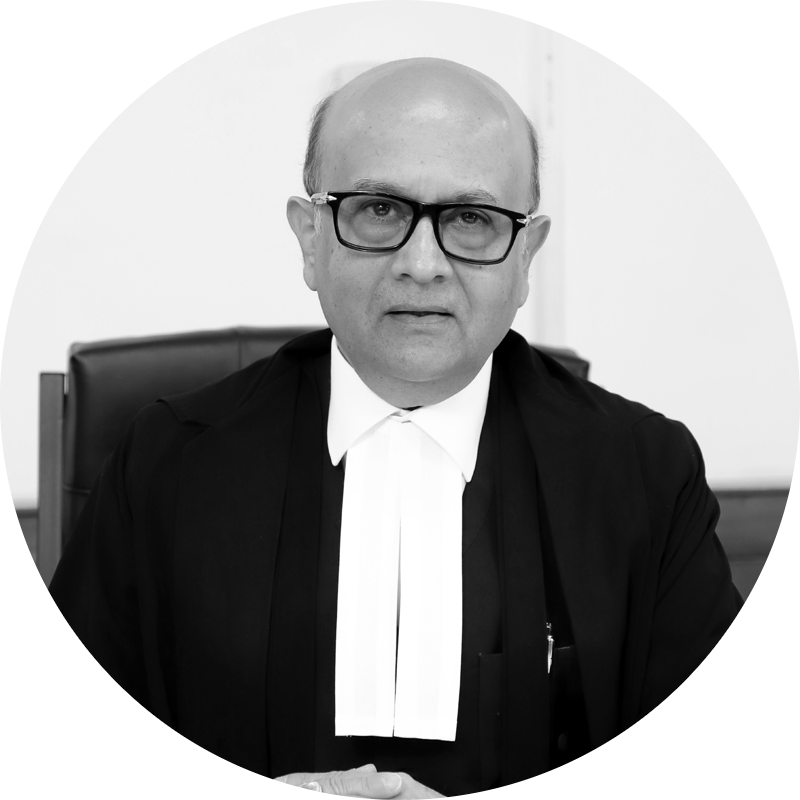
Manoj Misra J
Parties
:
Lawyers: Mr. R. Venkataramani, Attorney General; Mr. Harish N. Salve, Sr. Adv.; Mr. Tushar Mehta, Solicitor General; Mrs. Anil Katiyar, AOR; Mr. P.N. Puri, AOR; Mr. Kapil Sibal, Sr. Adv.
Case Details
Case Number: W.P. (Cri.) No. 000206 - 000210 / 2003
Next Hearing:
Last Updated: November 6, 2023
Key Issues
Do legislative privileges of an MLA override the fundamental rights of a citizen?
Is there a clash between Articles 19 and 194?
Case Description
In April 2003, The Hindu published an editorial titled “Rising Intolerance” criticising Chief Minister Jayalalita’s “authoritarian ways” in Tamil Nadu. The Speaker, K. Kalimuthu took cognisance of the editorial. In a resolution dated 7 November 2003, the Speaker wrote that “The Hindu had distorted the proceedings of the Assembly, commented contrary to the events in the Assembly” and that its actions “amount to imputing motives and slandering the Privileges Committee and its action”. This, he wrote, “amounts to breach of privilege of the entire House” under Article 194 of the Constitution. The Tamil Nadu State Assembly passed a resolution to arrest the editorial staff of The Hindu.
Article 194 guarantees freedom of speech to members in the state legislatures and grants them immunities provided from time to time under the law. Further, it protects an MLA from being tried for their speech or vote in the legislature.
Half an hour after the resolution was passed, the police raided The Hindu’s Chennai office, arresting its Editor N. Ravi, Executive Editor Malini Parthasarathy, Bureau Chief V. Jayant, Special Correspondent Radha Venkatesan and Publisher S. Rangarajan. On 8 November 2003, Ravi and others moved the Supreme Court against the Order of the Speaker.
Senior Advocate Harish Salve, representing The Hindu, cited Pandit M. S. M. Sharma v Shri Krishna Sinha (1958) and In The Matter Of: Under Article 143 v Unknown (1964). He contended that since the publication did not obstruct the proceedings of the legislative assembly, privileges under Article 194 could not be invoked in the case.
On 10 November 2003, the division bench comprising Justices Y.K. Sabharwal and S.B. Sinha stayed the arrests, stating that the House misread the law to institute proceedings against journalists. However, they noted that the two cases that Salve relied on appeared to be in conflict with each other.
In MSM Sharma, the Court held that the right to freedom of speech and expression under Article 19(1) remained unaltered by the law under Article 194. In the second case, the Court observed that a fundamental right should not preside over legislative privilege. CJI Gajendragadkar, who authored this judgement, noted that there existed a conflict between Articles 194 (providing privileges to an MLA), Article 21 (the right to personal liberty) and Article 32 (right to move the Court), and a rule of harmonious construction was required to be adopted. He however did not address the issue further in his judgement.
On 8 December 2003, seeing that there were substantial questions of law involved regarding the “interpretation” and “interplay” between Articles 194, 19(1)(a) and 21, the division bench referred it to a five-judge bench.
On 8 December 2003, a five-judge bench of the Supreme Court consisting of Chief Justice R.C. Lahoti and Justices B.N. Agrawal, H.K. Sema, G.P. Mathur and P.K. Balasubramanyan observed that there were conflicting views on the issue and referred the case to a seven-judge bench.
19 years later, on 7 October 2023, the matter was listed before Chief Justice D.Y. Chandrachud. On 12 October 2023, a bench comprising CJI Chandrachud and Justices S.K. Kaul, Sanjiv Khanna, B.R. Gavai, Surya Kant, J.B. Pardiwala, and Manoj Misra, decided to hear the matter in March 2024.
